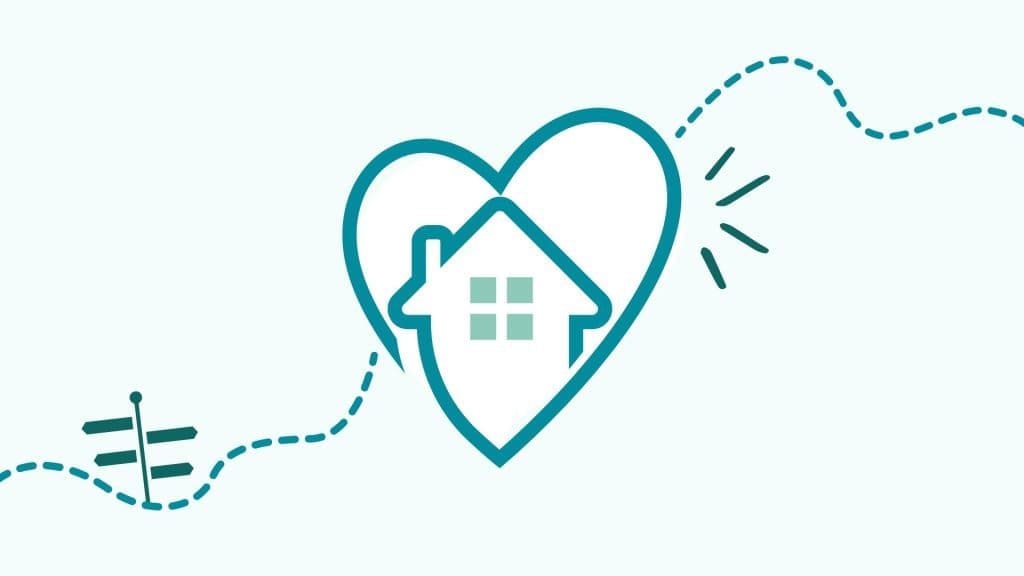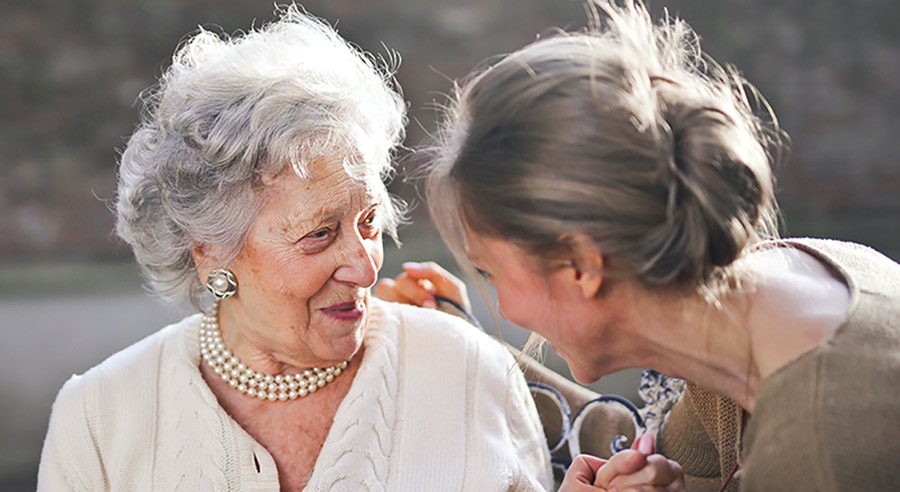The Role of Home Care Providers in Australia in Supporting NDIS Plan Managers and Caregivers
The Role of Home Care Providers in Australia in Supporting NDIS Plan Managers and Caregivers
Blog Article
Exactly How In Home Treatment Givers Address the Special Obstacles and Emotional Demands of Family Members Seeking Assistance for Their Relatives
At home caregivers play a crucial duty in navigating the complexities dealt with by family members looking for assistance for their loved ones. By comprehending distinct household dynamics and supplying customized psychological support, these professionals not just address prompt treatment needs but also foster an atmosphere of trust and open interaction (home care providers australia).
Understanding Family Dynamics
Recognizing household characteristics is essential for giving reliable at home treatment, as each household operates within an unique set of communications and connections. These characteristics encompass various components, consisting of interaction styles, duties, and power structures that influence how care is provided and received. The caretaker has to acknowledge these variables to make sure that care strategies line up with the family members's assumptions and worths.
Various families might exhibit distinctive patterns of interaction, such as hierarchical frameworks or joint methods. In some families, a main decision-maker might hold substantial influence, while in others, decisions may be extra autonomous. Understanding these patterns assists caregivers tailor their methods to fit the family's particular demands.
Furthermore, cultural histories play a vital duty fit family members characteristics. Caregivers need to be culturally competent, acknowledging and appreciating varied methods and ideas that may affect care preferences.
Inevitably, a thorough understanding of family members characteristics assists in boosted interaction, cultivates trust, and boosts the caretaker's ability to sustain the household efficiently. By acknowledging the detailed internet of partnerships and responsibilities, caregivers can develop a supportive setting that promotes wellness for both the individual obtaining treatment and the household all at once.
Giving Emotional Assistance
Giving psychological support is a crucial part of in-home treatment that considerably enhances the health of both the specific getting treatment and their relative. In the context of caregiving, psychological support entails energetic listening, compassion, and validation of feelings. Caregivers are educated to identify the psychological battles that family members deal with, such as seclusion, shame, and anxiety, and to give a thoughtful existence that alleviates these worries.
By fostering open communication, caretakers develop a risk-free room for household participants to share their problems and worries. This discussion not only encourages emotional release however likewise enhances count on in between the family and the caretaker. Furthermore, caretakers can provide functional techniques to aid households handle tension and promote strength.

Inevitably, the emotional assistance offered by in-home caretakers enhances the high quality of life for both clients and their households, promoting a more thoughtful and understanding caregiving atmosphere. This alternative method guarantees that emotional demands are addressed together with physical health and wellness considerations.
Handling Daily Treatment Tasks
Handling everyday care jobs is a vital aspect of in-home care that makes sure individuals get the support they need to keep their wellness and freedom. Caregivers play an essential function in helping with tasks of daily living (ADLs), which include bathing, clothing, brushing, and meal preparation. By tackling these obligations, caretakers assist minimize the psychological and physical burdens that households might face while taking care of their enjoyed ones.
Along with individual treatment, caregivers are also tasked with medication monitoring, making sure that customers abide by suggested does and timetables. This oversight is crucial for maintaining health and wellness and protecting against damaging results from missed or wrong drugs. Caregivers typically aid with wheelchair, supplying assistance for customers moving around their homes, thereby decreasing the danger of falls and enhancing overall safety and security.

Promoting Open Interaction
Reliable administration of daily treatment tasks usually pivots on the high quality of communication in between caregivers, customers, and their households. Open up interaction cultivates an environment where worries, choices, and responses can be freely exchanged, making sure that care is customized to meet private demands. Caregivers should focus on regular check-ins with both customers and their families, promoting discussions that resolve any issues or modifications in treatment needs.
Making use of various interaction methods-- such as in person conferences, phone calls, and created updates-- can enhance understanding and supply family members with peace of mind. It's crucial for caregivers to actively pay attention, showing empathy and respect for the psychological landscape of the family. Urging concerns from great site household participants can also assist make clear treatment plans and reinforce the caregiver's dedication to openness.
Moreover, preserving open lines of interaction makes it possible for caretakers to recognize and respond immediately to any kind of changes in a client's health condition or emotional health. This aggressive approach not only enhances the caregiver-client dynamic but also empowers households to take part proactively in the treatment procedure. Inevitably, fostering open communication is important for enhancing the high quality of at home treatment and advertising a supportive atmosphere for all included.
Structure Trust and Relationships
Count on is the keystone of successful in-home care, as it develops a structure for meaningful connections in between caretakers, customers, and their family members. Structure this you can look here count on calls for consistent, transparent interaction and a genuine commitment to the wellness of those included. Caregivers must demonstrate reliability through punctuality, adherence to care plans, and responsiveness to the demands and choices of customers.
To promote count on, caregivers ought to involve in active listening, ensuring that family members feel listened to and recognized. This entails not just addressing immediate issues but additionally anticipating future needs, thus encouraging family members and enhancing their sense of control. Developing connection with shared experiences and respectful communications can additionally strengthen these connections.
Additionally, caretakers need to be educated to acknowledge and attend to the psychological intricacies encountered by families. By showing compassion and compassion, they can alleviate anxieties and unpredictabilities, enhancing count on. Visit Your URL Normal updates and check-ins with member of the family can also enhance openness, allowing them to feel involved and informed regarding their liked one's treatment.
Ultimately, developing trust fund and nurturing partnerships in at home care is a collaborative process that dramatically influences the top quality of treatment provided, promoting an encouraging setting that benefits everyone included.
Verdict
In-home caretakers play an important duty in addressing the one-of-a-kind obstacles and emotional requirements of family members. By understanding family members dynamics, offering emotional support, and fostering open interaction, caregivers improve the total caregiving experience. Their capacity to handle everyday treatment tasks while developing trust and strong relationships cultivates an encouraging atmosphere for clients and their family members. Inevitably, the compassionate engagement of caretakers dramatically adds to enhanced health and resilience for those browsing the intricacies of caregiving.
Recognizing household characteristics is crucial for supplying reliable in-home treatment, as each family members operates within a special collection of communications and connections.Offering emotional support is an essential part of in-home care that dramatically improves the wellness of both the private receiving treatment and their family participants. By taking on these obligations, caregivers assist minimize the physical and emotional burdens that family members may encounter while caring for their liked ones.
Reliable administration of daily care jobs commonly hinges on the top quality of communication in between caregivers, customers, and their families - home care providers australia.Depend on is the cornerstone of effective at home treatment, as it establishes a foundation for purposeful relationships in between caretakers, clients, and their family members
Report this page